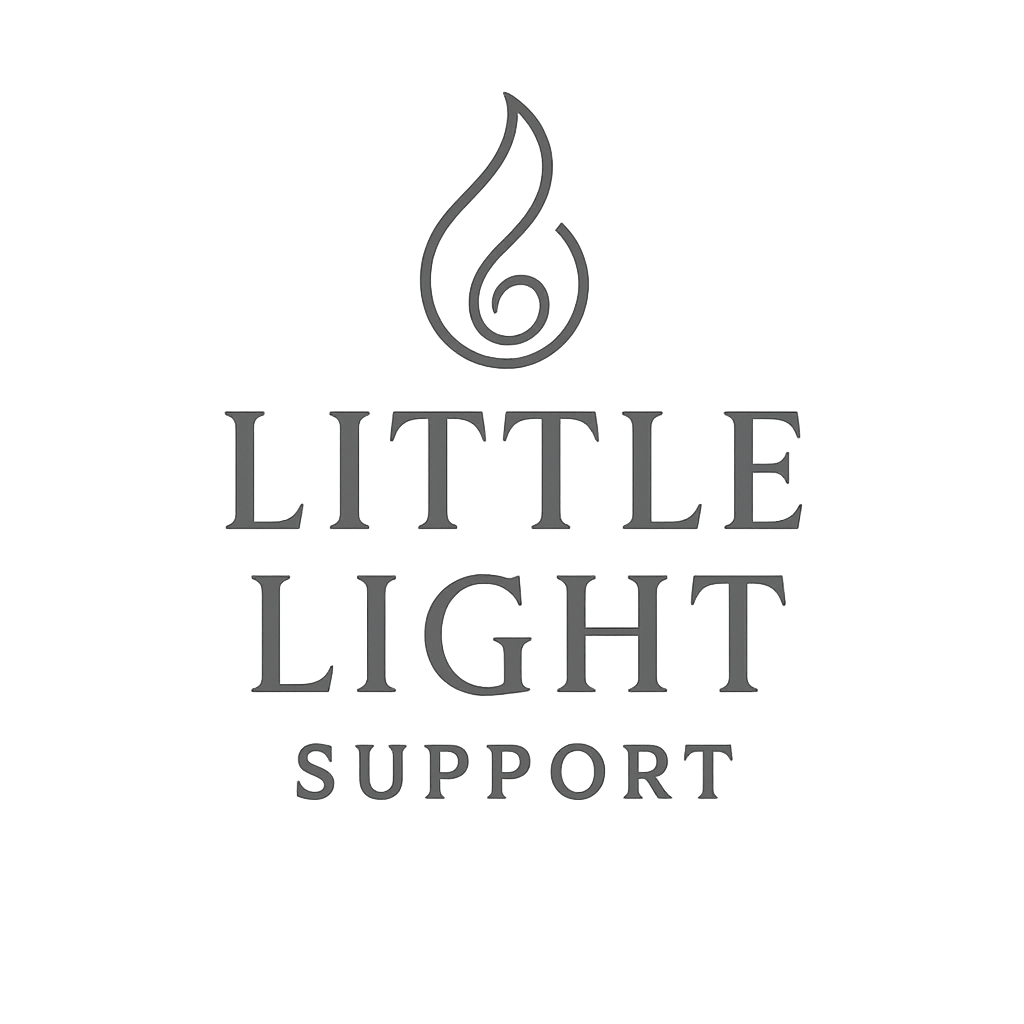We owe each other better - when women make birth and motherhood harder
Motherhood should be a place of support, not judgment. Yet many women experience mom shaming, comparison, and even harm from other women during birth and postpartum. This article explores why this happens—and how we can create a more supportive culture.
Birth reflection or birth debrief? Which is right for me?
Birth debrief or birth reflection? Which is right for me?






